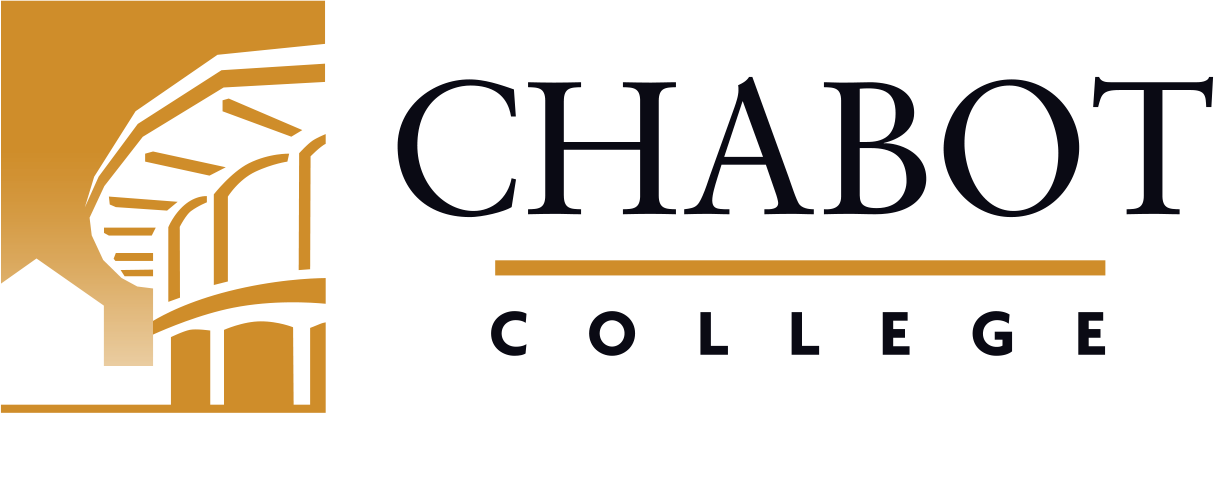
Course Outline for Dental Hygiene 71A
Pre-Clinical Dental Hygiene
Effective: Fall 2022
SLO Rev: 12/28/2016
SLO Rev: 12/28/2016
Catalog Description:
DHYG 71A - Pre-Clinical Dental Hygiene
4.00 Units
Laboratory and clinical experiences in patient assessment, dental hygiene care planning, goal setting and implementation of instrumentation techniques for providing prevention- oriented dental care and non-surgical periodontal therapy. Emphasis on post-treatment evaluation. Application of theory to the treatment of clinical patients.
Corequisite: DHYG 60 and DHYG 69A and DHYG 71S.
1240.20 - Dental Hygienist*
Letter Grade Only
| Type | Units | Inside of Class Hours | Outside of Class Hours | Total Student Learning Hours |
|---|---|---|---|---|
| Lecture | 2.00 | 36.00 | 72.00 | 108.00 |
| Clinical | 2.00 | 108.00 | 0.00 | 108.00 |
| Total | 4.00 | 144.00 | 72.00 | 216.00 |
Measurable Objectives:
Upon completion of this course, the student should be able to:
- describe and demonstrate methods of sterilization and disinfection for dental instruments, supplies, equipment and demonstrate maintenance of asepsis for dental hygiene therapy;
- demonstrate appropriate body mechanics and correct positioning options for the patient and operator during instrumentation;
- collect and record data from the patient interview: medical/dental history and synopsis;
- utilize the medical history and patient interview, collect and document information pertinent to the patient's medical and dental status;
- describe and demonstrate the correct technique for taking vital signs (pulse, respiration, temperature and blood pressure);
- demonstrate and identify the uses for assessment instruments, including the periodontal probe, explorer, and mouth mirror;
- identify normal intraoral and extraoral structures and note any deviations in the treatment record;
- demonstrate techniques and proper procedure for performing a thorough periodontal assessment;
- describe the uses and limitations of the universal curettes and sickle scalers in scaling and root planing;
- record and describe the appearance of the periodontium;
- complete dental hygiene documentation following patient treatment according to clinical guidelines;
- demonstrate use of the dental hygiene universal periodontal probe, explorers, curettes and sickle scalers on a typodont and a student partner;
- prepare and record medical and dental histories on all student partners who are seen as patients.
- record complete dental restorative charting on a student partner and on all clinical patients;
- recognize the categories of tooth discolorations and stains;
- identify the indications and contraindications for selective polishing;
- provide an appropriate rationale for the application of topical fluorides;
- demonstrate technique, procedures and precautions for applying topical fluoride;
- demonstrate the principles of instrument sharpening for proper sharpening of curettes and sickle scalers;
- demonstrate the technique of use of the Gracey curette on a student partner;
- discuss dental hypersensitivity management in relation to periodontal instrumentation.
Course Content:
- Medical/Dental History
- patient interview
- documentation
- Taking and Recording of Vital Signs
- pulse
- respiration
- temprature
- blood pressure
- Infection Control/Asepsis
- methods of sterilization and disinfection
- sterilization of instruments
- equipment maintenance
- Patient/Operator Positioning
- ergonomics
- Dental Operatory
- operation and maintenance
- Instrumentation
- assessment instruments
- the periodontal probe
- explorers
- universal curettes
- gracey curettes
- sickle scalers
- Treatment Record Documentation
- electronic dental records
- restorative charting
- periodontal exam
- treatment planning
- clinical notes
- Extraoral/Intraoral Examination
- normal structures
- deviations from normal
- documentation
- treatment record
- Assessments
- personal plaque control
- periodontal evaluation eecord
- technique demonstration
- description
- documentation
- restorative charting
- Dental Hygiene Care
- scaling & root planing
- area specific curettes
- selective polishing
- dental stains
- contraindications
- Fluoride Therapy
- rationale for application
- technique
- procedure
- precautions
- dentinal hypersensitivity management
- Instrument Sharpening
- technique
Methods of Instruction:
- Lectures
- Presentation of audio-visual materials
- Class and group discussions
- Verbal explanation and demonstration.
- Practice/Demonstration
- Distance Education
- Professionalism
Assignments and Methods of Evaluating Student Progress:
- Observe an RDH in private practice and write a brief essay on observations made.
- Research assigned medical condition, list questions to ask patient regarding condition, and list common medications associated with condition.
- Group project: Research assigned cultural group and create a presentation based on findings and any relevance to dental hygiene care.
- Quizzes
- Skills checksheets
- Chapter outline worksheets
- Midterm clinical/didactic exams
- Clinical proficiencies
- Final clinical/didactic exams
Upon the completion of this course, the student should be able to:
- Describe and utilize infection control protocols for prevention of disease transmission
- Apply the medical history and patient interview to determine patient's medical and dental status and identify specific conditions that may indicate the need for a physician consultation
- Demonstrate and explain the extra/intraoral examination procedure including the normal clinical appearance of associated anatomical structures and common abnormalities
- Describe and demonstrate use of the periodontal probe, explorer, universal curet and sickle scalers on a student partner
Textbooks (Typical):
- Nield-Gehrig, Jill (2016). Fundamentals of Periodontal Instrumentation (8th). Jones and Bartlett Learning.
- Nield-Gehrig, Jill (2017). Patient Assessment Tutorials (4th). Lippincott, Williams, & Wilkins.
- Wilkins, E. (2020). Clinical Practice of the Dental Hygienist (13th). Jones and Bartlett Learning.
- Wynn, R. (2020). Drug Information Handbook for Dentistry (26th). Lexicomp.
- Instrument kits
- Protective clothing, eyewear, masks, gloves
Abbreviated Class Schedule Description:
Laboratory and clinical experiences in patient assessment, dental hygiene care planning, goal setting and implementation of instrumentation techniques for providing prevention- oriented dental care and non-surgical periodontal therapy. Emphasis on post-treatment evaluation. Application of theory to the treatment of clinical patients
Corequisite: DHYG 60 and DHYG 69A and DHYG 71S.